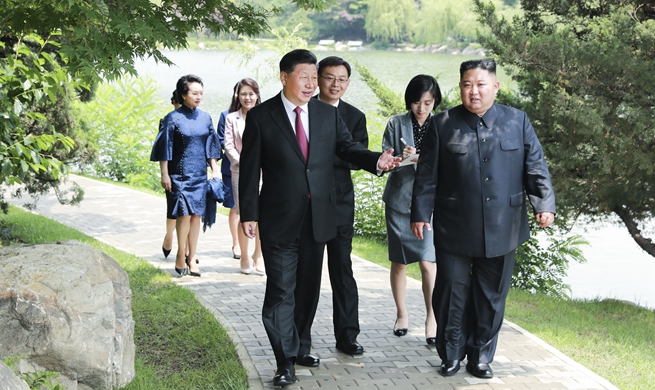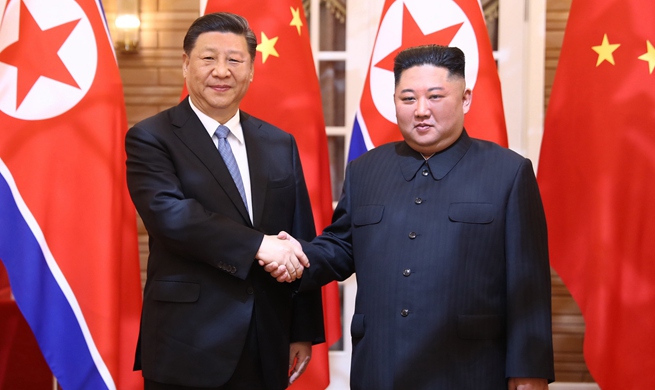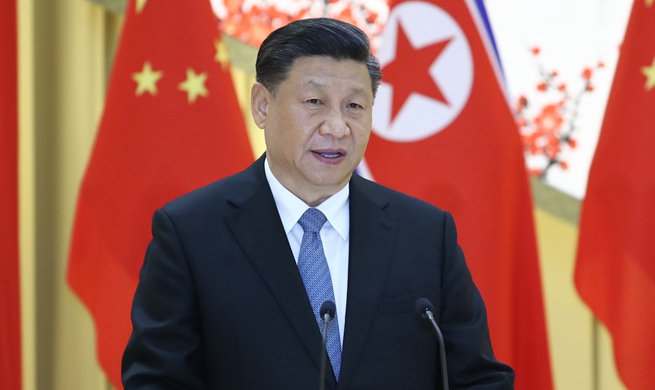BUDAPEST, June 21 (Xinhua) -- The Hungarian government cited "enormous costs" and a "burden on Hungarian industry" as reasons for its veto in the EU 2050 carbon neutral target, according to official sources here on Friday.
"The goal of climate neutrality (or carbon neutrality) by 2050 would result in enormous costs, and would impose massive burdens on Hungarian industry," the Hungarian government announced in a statement on its website.
"We are unable to support the proposal for this until we know how much funding the European Union is able to make available for the modernization of industry. Household utility costs in Hungary are among the lowest in Europe, and the Government of Hungary has a responsibility to maintain these costs borne by Hungarian families at a low level," the government added.
It warned: "If electricity production had to be achieved according to the proposed criteria, however, the electricity bills of Hungarian families would rise by between 30 and 40 percent."
On the other hand, the government stressed that Hungary was "committed to environmental protection and the fight against climate change."
The statement added: "For the Government of Hungary environmental protection and the fight against climate change are important, as we all want clean water, cleaner air and a climate which sustains more livable conditions."
As it has already promised, Hungary will honor its commitments to be fulfilled by 2030. Through the combined use of renewable and nuclear energy, by 2030 up 90 percent of Hungary's electricity production could be carbon-free, according to the statement.
Besides Hungary, Poland, the Czech Republic and Estonia averted the EU from adopting a clear long-term climate neutrality goal at the summit in Brussels on Thursday evening.
The central and eastern European leaders could not support a draft text which said the EU should take measures to ensure a transition to a climate-neutral EU by 2050 -- a date too specific for them, according to EU sources.
Poland was the lead of the opposition, supported by the Czech Republic as well as Hungary.
The final text says the EU aspires to climate neutrality "in line with the Paris agreement," and the mention of the year 2050 was moved to a footnote.
"For a large majority of member states, climate neutrality must be achieved by 2050," the footnote said.













